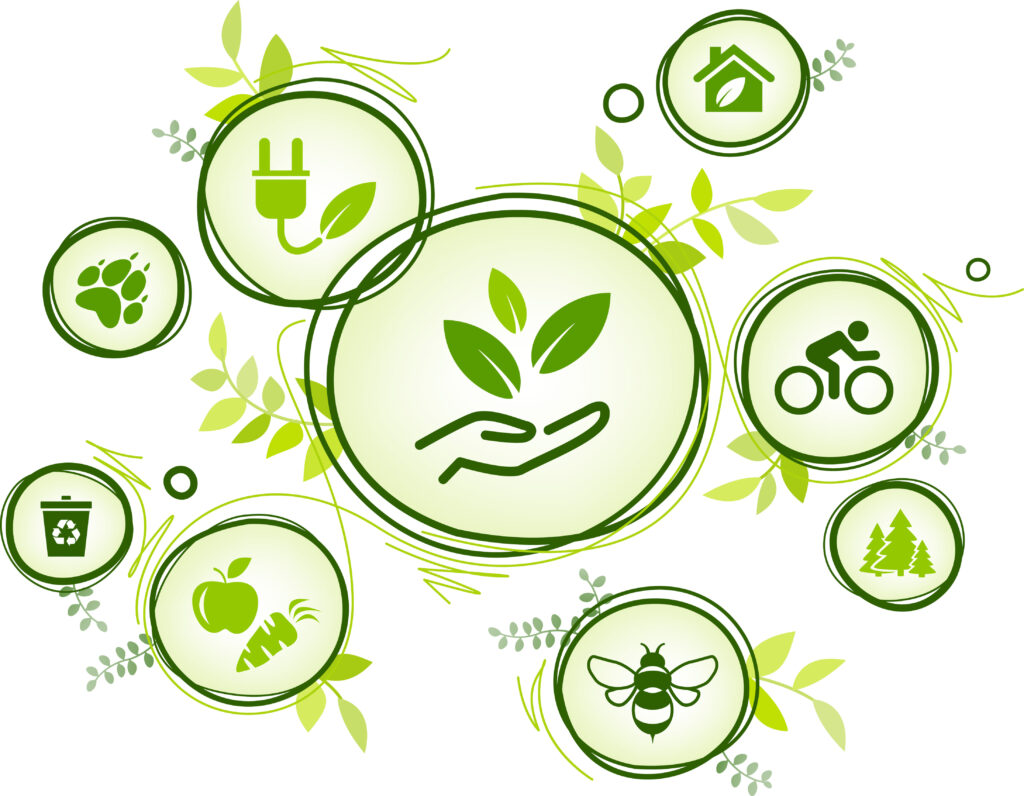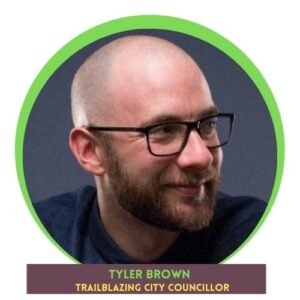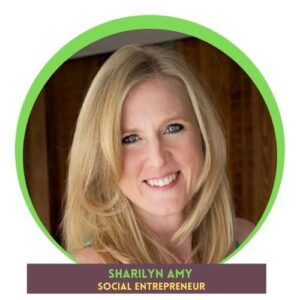Emergence Salon
Emergence Salons are co-creative spaces where we gather together as leaders and change makers to ask provocative questions, challenge paradigms and play with audacious systemic solutions to big systemic messes.

Salon 1 - Regenerative Economics
What emerges when we bring together a renegade economist, a trailblazing city councillor, and a social entrepreneur—and you—to explore the power of regenerative economics? Watch it unfold below.
Part 1 - Towards a Regenerative Economy
Given that humans created the destructive economic system in which we are so embedded today, can we not un-create them? What would a reimagined economic system look like—one that doesn’t stress earth systems beyond sustainable limits, but creates conditions for universal human thriving, based on principles of equity, partnership, and reciprocity.
Resources from discussion
More about Doughnut Economics ~ https://www.kateraworth.com/
The Just Transition Zine ~ https://movementgeneration.org/justtransition/
Panarchy Model ~ https://thefuturesschool.com/2021/07/natural-foresight-as-a-panarchy/
Here’s a video exploring the transformative potential of the not-for-profit economy: https://www.youtube.com/watch?v=EMtpZ4EyNuM and a book by the speaker, Jennifer Hinton: https://arxiv.org/ftp/arxiv/papers/1902/1902.01398.pdf
Donella Meadows - https://donellameadows.org/archives/leverage-points-places-to-intervene-in-a-system/
Questions generated
"Questions, more than answers, are the pathway to collective wisdom. Questions can spark culturally creative conversations that transform how we see ourselves and our relationship to the world. With this in mind, everything changes instantly." -Daniel Christian Wahl
- How can we attend to the relationship rather than the problem?
- What if the concept of "money" didn't exist for humanity?
- How can we reduce suffering and harm in the unravelling?
- How can we address the eco-footprint capacity in a regenerative economy?
- What does ________ look like?
- How can we transition financial investment from the current framework to one that measures the impact of financial investment by regenerative measures?
- What if we truly recognized that the US is a settler colony?
- How do we as citizens encourage those in power to collaborate with the “acute needs” when their needs seem to be often overlooked?
- Are there any successful models you’ve found that dispense with capital altogether?
- Can we have a currency that is not backed by extraction but rather regeneration?
- How do you upend the global economy order whilst working with geopolitical constraints?
- How might we encourage value exchanges without putting a price on each transaction?
- What if excessive wealth was as offensive as racism?
- How do you convince people that growth does not have to be the end goal?
- Where is the love?
- How do we all have empathy for one another and the world? What if we all love each other as equals?
- What are the biggest levers to provoke expectation change and behaviour change?
- What would a regenerative business model look like? Include?
- How can we best use the economic systems to distribute wealth?
- What if success was measured by something other than growth and revenue?
- How can we harness profit for good?
- How are these intentions similar to ancient concerns and what can they teach us?
- What if economy and spirituality were intertwined?
- How do we create cultures of intrinsic values instead of extrinsic ones?
- How can we fund cooperatives and not for profit businesses to get them started and not starve them, as we currently do?
- How can we refuse the language of domesticating nature for purely human ends?
- What happens when everyone has more interest in giving than receiving?
- How can we question with language that was chosen for us to use?
- Can we also see capitalism/the marketplace as a wonderful “listening device” as suggested by impact investor Jacqueline Novogratz?
- What is the relationship between decolonization and regenerative economics?
- What does it mean that we have a responsibility to share the River of Life?
- How can animal medicine become foundational for healing our souls and the economic activity we gift and reciprocate through?
- How do we nurture responsibility?
- How can we attach the mindset of passing along wealth to our children to passing along a healthy environment?
- How can we keep our interconnectivity top of mind in every decision?
- What if there was an economic network of regenerative businesses?
- What hidden violences are perpetuated through “positive” economic activity despite our best intentions and how to rapidly address and transform those violences?
- How can we thrive when all we’re trying to do is survive?
- What if we recognized that all these tools are imperfective tools and that is also OK? As each step is a step forward?
- How do we ensure that the learnings and wins we experience in this area here in the first world are shared worldwide?
- What do you do about the so-called illicit market?
- Do alternative markets allow for domination markets to stay because they are more able to be coped with?
- What if we could think of questions to pose to people in charge that do not offend them but push them to think more deeply about their part in the function of ineffective systems. City systems, healthcare systems, and so forth….?




